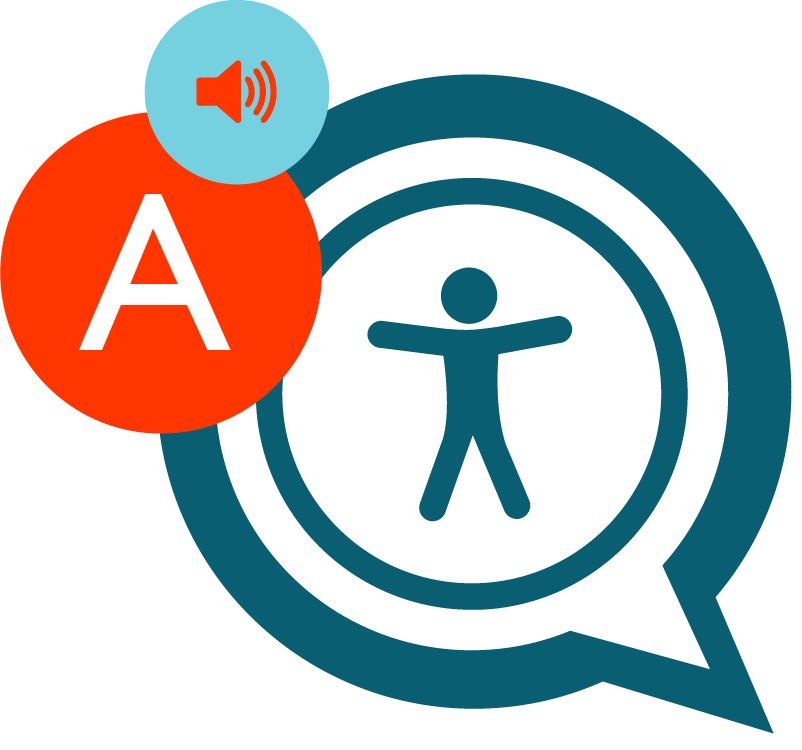Gambling involves risking something of value in the hopes of obtaining something of greater value. In many cultures, people gamble on games and events, and most do so without experiencing problems. In Nevada, casinos and other locations offer gambling as a harmless form of entertainment and a convenient way for adults to socialize. Social gamblers plan how much time and money they will spend gambling, and they stick to their plan. For the social gambler, it’s all about having fun.
For nearly 6% of Nevada adults, however, gambling can become a serious problem that continues, long after the fun is gone.
The American Psychiatric Association has recognized problem gambling as a diagnosable and treatable mental health disorder since 1980. Problem gambling is defined as an addictive disorder in which the individual experiences “persistent and recurrent problematic gambling behavior that disrupts personal, family or vocational pursuits.” Problem gamblers can no longer control their gambling, regardless of the outcome of the game, and despite increasing negative consequences.
The type of game played is not on its own an indicator of who has a gambling problem. A person who plays bingo twice a week may be just as susceptible to having a gambling addiction as the person who goes to the casino daily to play their favorite slot machine. Likewise the amount of money wagered, is not a clear indicator of who has a problem. Some individuals can wager thousands of dollars per month and not have a problem with gambling, while others may wager much smaller amounts but experience substantial gambling-related difficulties.
Problem gambling, like most addictions, simply does not discriminate. A small percentage of people who gamble will develop gambling problems regardless of age, race, ethnicity, or gender. Although it is not possible to predict exactly who may develop a gambling problem, once identified, it CAN be treated…and people DO recover.


